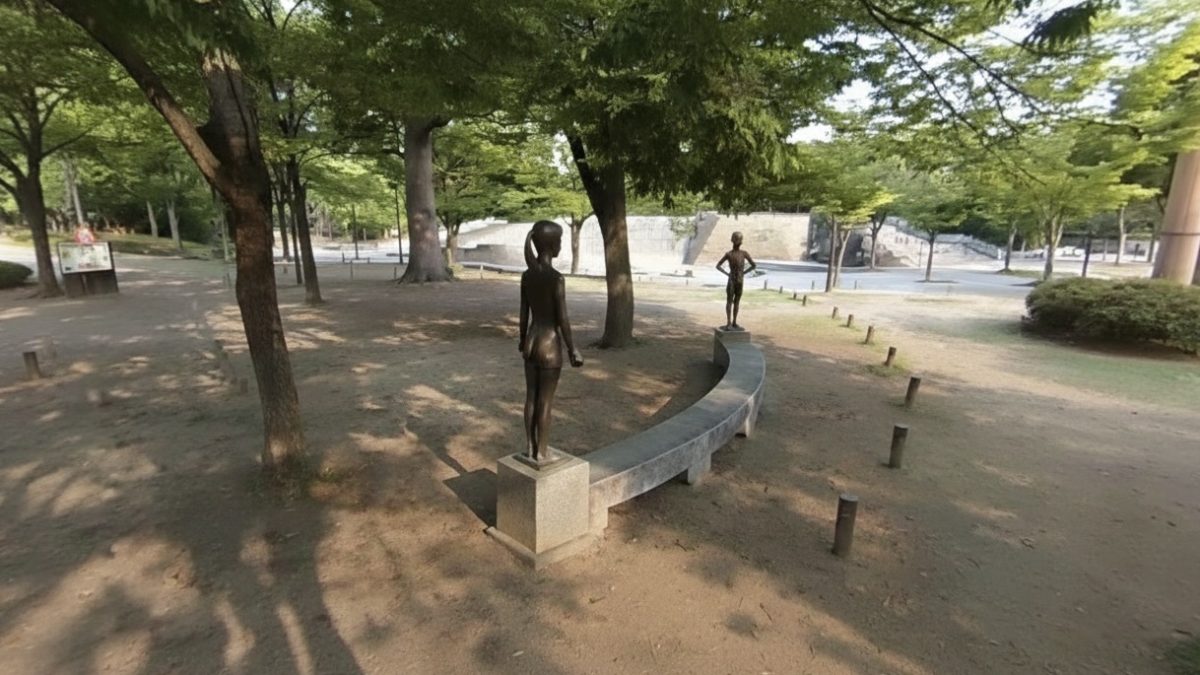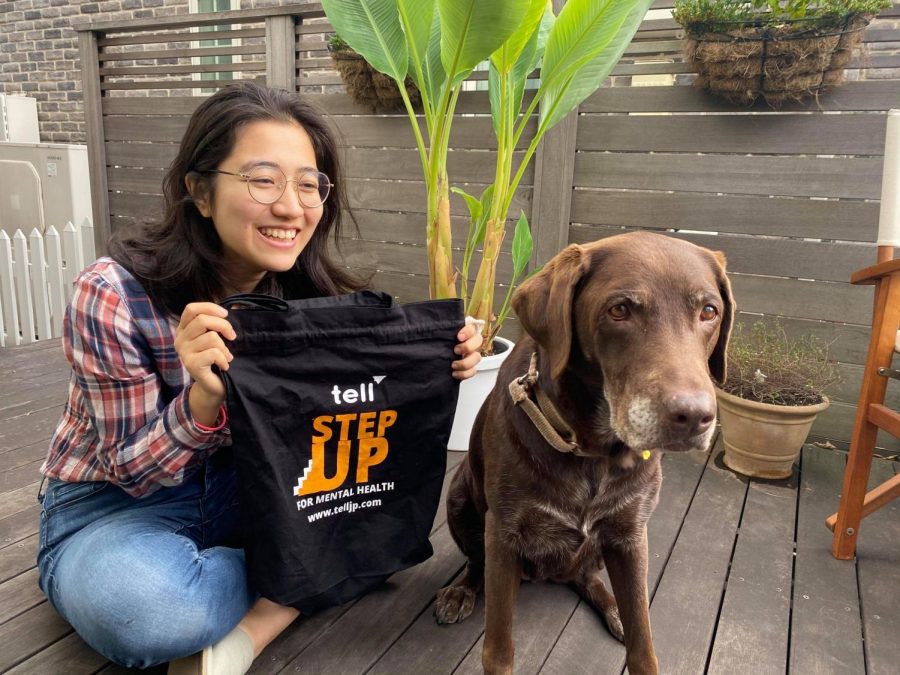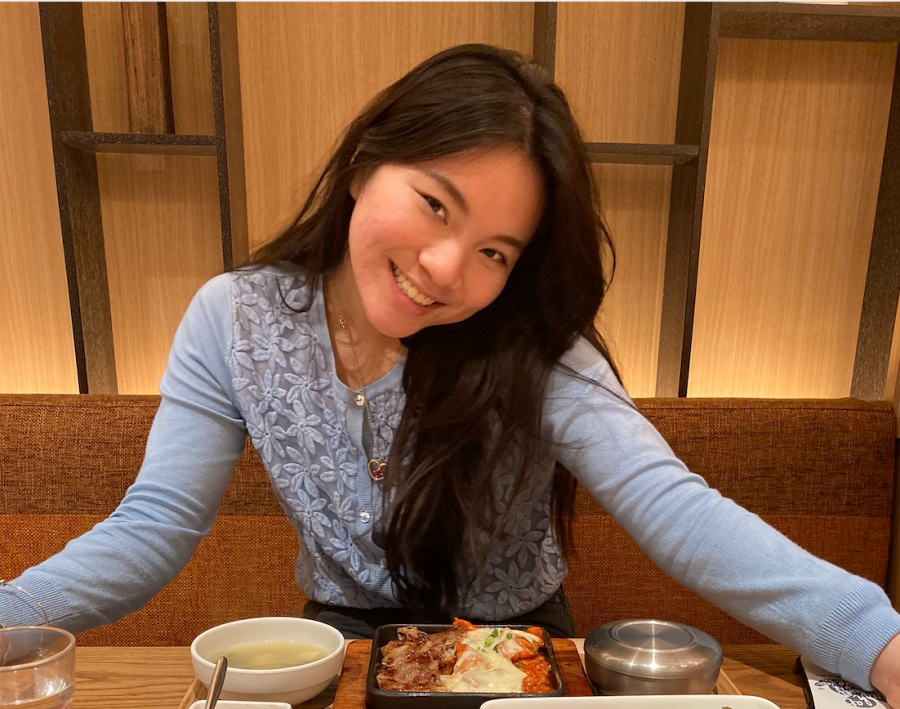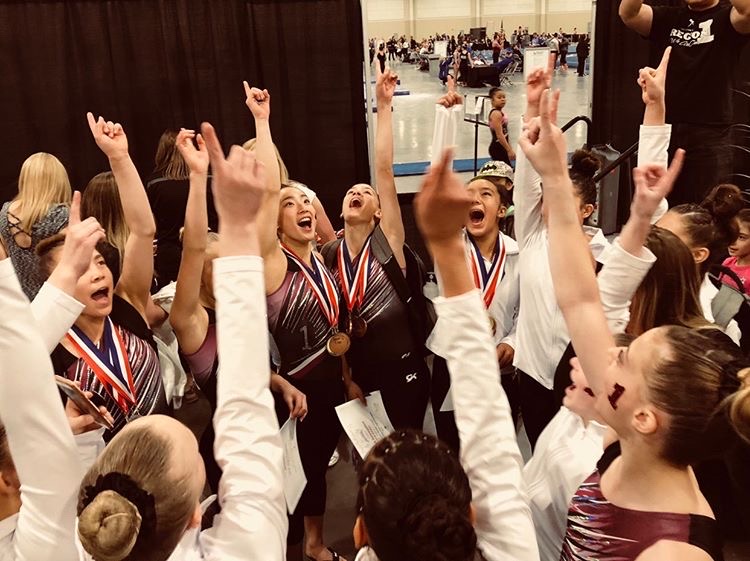To-do list:
- News article reading (7 pages, due tomorrow)
- Calculus HW Chapter 3.5 (pages 324-333, due tomorrow)
- Physics Lab (**MAJOR ASSIGNMENT, due tomorrow)
- English argumentative essay (1,200 words, due tomorrow)
- Japanese kanji test (due tomorrow)
Oh, and also…
- Meeting with teacher (3:30-3:45)
- Tennis practice after school (4:00-6:00)
The teachers assigned a bunch of homework at the start of the week. The coach increased the number of practices to prepare for an upcoming game. You didn’t manage your time well. You messed up. And now this is what you’re left to face.
Oops.
You’ll understand the suffocating anxiety induced by this to-do list if you’re one of the many Sacred Heart students who have multiple academic and extracurricular commitments. Every once in a while, there’s always that one overwhelmingly busy week.
Students had no way out other than to just deal with it — until the invention of ChatGPT in November of 2022. Now, the to-do list feels less… lethal.
But can AI be trusted?
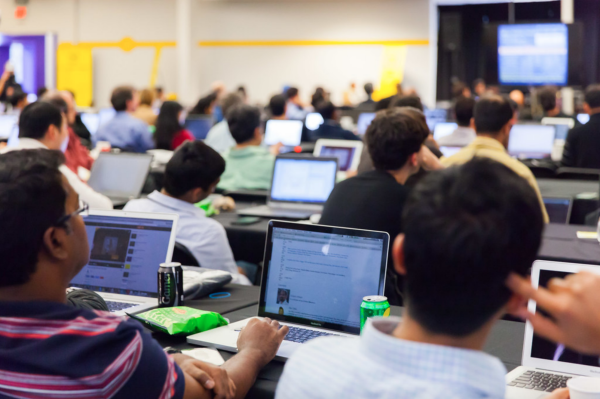
We always feel that AI is much smarter than us. After all, it’s programmed to be like that, right? It’s even in the name — artificial intelligence. However, contrary to popular belief, the all-knowing ChatGPT can even give you the wrong answer at times.
This is what ChatGPT’s developers say about how this language machine functions:
“These models were trained on vast amounts of data from the internet written by humans, including conversations, so the responses it provides may sound human-like. It is important to keep in mind that this is a direct result of the system’s design (i.e. maximizing the similarity between outputs and the dataset the models were trained on) and that such outputs may be inaccurate, untruthful, and otherwise misleading at times.”
“ChatGPT is not connected to the internet, and it can occasionally produce incorrect answers. It has limited knowledge of the world and events after 2021 and may also occasionally produce harmful instructions or biased content.”
“ChatGPT will occasionally make up facts or “hallucinate” outputs. If you find an answer is unrelated, please provide that feedback by using the “Thumbs Down” button.”
After reading the creators’ cautions, it seems like maybe ChatGPT isn’t so “smart.”
Maybe it’s just extremely skilled at formulating a desirable answer — no matter if it’s factually correct.
Yes, it helps you study. No, it doesn’t help you learn.
ChatGPT seems like this super-tutor can help with learning. AI’s ability to summarize readings and solve equations with one click looks especially appealing on days with an immense number of tasks.
Okay, you may have survived the criminally hectic week with a little help from our new AI friend. Can you really learn when someone is simply giving you a generic summary assembled within seconds?
During one of her classes from last year, English as a Second Language (ESL) Head of Department Mrs. Wilson and her students asked ChatGPT to generate a five-paragraph essay about a particular subject that the students were studying and analyzed what was produced.
“[The AI-generated example essay] looked quite good. It’s five paragraphs and a topic sentence in all of the body paragraphs, and it looked reasonably convincing, but that was only surface-level. When you dug a little bit deeper, it wasn’t actually very good,” said Mrs. Wilson.
When asked how she would grade the essay generated by ChatGPT, Mrs. Wilson said, “Certainly, no way would it get an ‘A’. It might get a low ‘B’— maybe a high ‘C’ — because it’s just not good enough.” Additionally, she felt that it “was good for [her students] to see that computers are not as good at language, even though we sometimes assume that they are. That was an important lesson for them to learn. It’s also important for me to learn what information was being generated.”
ESL classes at ISSH “aim to help students to express their thoughts in their own, original ways.” No matter how sophisticated the vocabulary in the response, the lack of creativity and the “fluffy” language are critical weaknesses in the products of AI.
Not only does the issue of originality apply to humanities subjects, but the same can be said for STEM classes like Computer Science.
AP Computer Science A teacher, Mr. Thompson, said that “it’s way easier to detect ChatGPT written essays because they’re very generic and bland. If the student turning in a certain type of writing … suddenly turns in something that’s perfectly well written, no grammar mistakes, no spelling mistakes, you know [that they’ve used AI to correct their writing]. With coding, it’s a little harder to figure it out because there’s only so many ways to do things. It’s far more limited and easier to change the variable names around.”
Maybe AI is harder to detect in STEM classes, but Mr. Thompson suggests that using ChatGPT, or being given something to copy word-for-word, isn’t going to help the students learn. Perhaps students are able to learn the format of codes by doing so, but Computer Science is all about problem-solving, not how one writes the code.
“ChatGPT may be able to help you get an ‘A’ on your assignment, but it takes away the opportunity for you to produce creative solutions to solve the problem,” Mr. Thompson said.
A good starting point for ideas
Despite its limitations, many educators agree that ChatGPT can serve as a good starting point for creative problem-solving.
Dr. Millam, Head of Learning and Innovation at Sacred Heart, thought that although it has both faults and benefits, ChatGPT “is another helpful resource for her.” For instance, she says that “instead of going on Wikipedia really quickly to check something or googling something, or it’s nice to just be able to type in exactly what you want, a machine spits it out and then, you’re like, okay, it’s not perfect, but it did save me 30 minutes of me sitting here playing with my document. So, in that sense, I think it’s really neat.”
“The use of AI opens up discussions about creativity,” Dr. Millam said, and she found the different ways in which people utilize this new AI tool to be very intriguing: some people use it just very directly, asking the robot for a yes-or-no answer. Other students and teachers work against it, asking ChatGPT to give them the wrong answer so that they can practice correcting it to improve the skill that they’re working on.
“Either way, you’re working on the process and the skill. And for that, I think it’s really helpful.”
Mrs. Wilson agreed that ChatGPT is a very useful tool for students to generate information and generate ideas: “If they’re at home doing their science homework and they don’t really understand a concept or a process, then they have the ability to ask ChatGPT: Please explain photosynthesis to me in Grade 3 language. I think that’s a really good tool [to] generate ideas for writing. Teachers can use it in the same way, generating ideas for how to teach this particular concept or finding resources.”
Additionally, for Dr. Millam, there have been times when she asks ChatGPT to help her brainstorm an idea, and ChatGPT will spit out nonsense. But occasionally, a keyword or phrase will inspire a new idea.
“Sometimes ‘nonsense’ can become ‘sense.’ But that’s up to my own brain. Sometimes I just need all the wrong answers before I go, ‘Oh, that’s nonsense.’ Now I know what to do.”
“ChatGPT, write a conclusion for this article.”
“In the ever-busy landscape of student life at Sacred Heart, the advent of AI like ChatGPT seemed like a godsend, a solution to the overwhelming workload. Yet, as revealed by educators, its prowess comes with limitations. While it aids in information retrieval and idea generation, it falls short in nurturing true learning and creativity. From ESL to Computer Science, the generic nature of its output lacks the depth and originality crucial for education. It’s a tool, not a teacher—a starting point for exploration rather than a definitive answer. In the quest for knowledge, it sparks discussions on creativity and problem-solving. It’s a tool that sometimes offers incorrect or nonsensical answers, yet in that chaos, there’s a spark, an idea, or a new direction waiting to be discovered by the human mind. AI may not be the pinnacle of wisdom, but it’s a stepping stone, a prompt for further inquiry, and a reminder that education is not just about answers but the journey toward understanding.”
(OpenAI’s ChatGPT (Version X) was utilized to generate responses (OpenAI, 2023))


